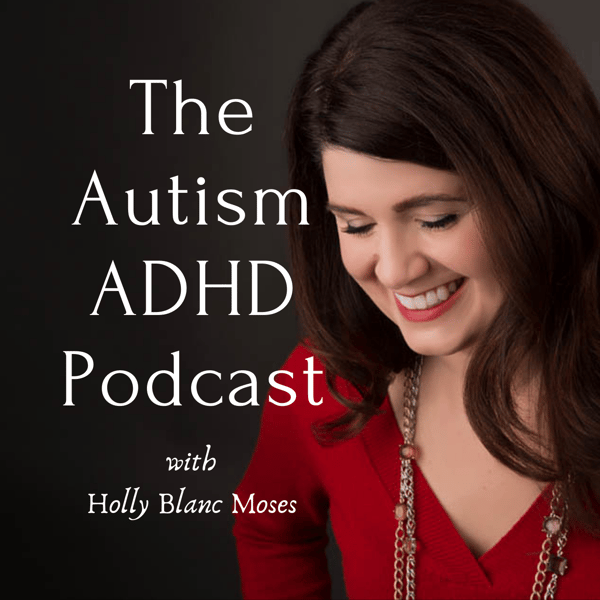Diagnosing Autism: 9 Things You Need to Know About an Autism Evaluation
THE AUTISM ADHD PODCAST
Holly Blanc Moses
4.8 • 650 Ratings
🗓️ 31 May 2023
⏱️ 10 minutes
🧾️ Download transcript
Summary
Today I'm taking about autism evaluations. I'm covering a lot of important information in this episode including - -
- What to expect during an evaluation
- Parts of an evaluation
- Information gathering
- Collaboration
- How an ADOS is only PART of an evaluation and MORE!
❤️ Holly- The Mom/Psychologist Who Gets It
Learn more about Holly's courses
Learn about Holly's private practice
⭐️ Get to Know my Child Guide
Parents, get your free "Get to Know my Child Guide" here
Educators, get your free "Get to Know my Child Guide" here
Therapists get your free "Get to Know my Child Guide" here
⭐️Behavior Detective Guide
Parents - Get your free Behavior Detective Guide
Transcript
Click on a timestamp to play from that location
| 0:00.0 | Welcome to the Autism, ADHD podcast. I am so happy that you join me today. I want to take a moment and ask for your help. Please take just a second and give the podcast a five-star review. |
| 0:19.5 | This will help me continue the podcast and keep bringing you |
| 0:23.3 | helpful information. Thanks so much again for taking the time to give that five-star review. Now, |
| 0:29.7 | let's get started. Hi, everybody, and welcome. We are talking about autism evaluations today. I am hopeful that this |
| 0:42.0 | episode will help those of you who are interested in autism assessments, learn about what to expect, |
| 0:48.5 | and also what questions to ask providers. So an autism evaluation, also known as an autism assessment, is a comprehensive |
| 0:58.0 | process. It's conducted by a specialist to determine whether an person meets the criteria for an autism |
| 1:05.5 | diagnosis. The evaluation aims to assess the person's developmental, social communication, and behavioral |
| 1:13.3 | patterns to gain a better understanding of their unique characteristics. |
| 1:17.9 | So today I'm going to cover some key components typically involved in an autism evaluation. |
| 1:24.4 | Number one is the intake. |
| 1:27.3 | I always do this first. This process, again, often is a lot of information |
| 1:34.4 | to gather. So at first, we're going to come together, and that's often the child or the adult |
| 1:40.2 | who's being assessed, and then parents and other caregivers or partners. |
| 1:46.1 | We talk about the person's history, behavior, and concerns. |
| 1:50.8 | It's basically a deep dive into the person's background. |
| 1:54.7 | The intake includes a thorough review of the individual's developmental milestone. |
| 2:03.2 | So we're looking at speech and language development, |
| 2:11.2 | social interactions, and motor skills too. This provides some insights into the person's early childhood experiences and any potential developmental differences. Number two, interviews. They're so important for an autism |
| 2:20.6 | evaluation. Interviews with the child, the parents, and at least one teacher. If the child or adult |
| 2:29.0 | is receiving services from a mental health provider, it's important to interview them as well. |
| 2:37.0 | Number three, review of documentation. This is a big one, especially as people get older. We need to have access to past |
... |
Please login to see the full transcript.
Disclaimer: The podcast and artwork embedded on this page are from Holly Blanc Moses, and are the property of its owner and not affiliated with or endorsed by Tapesearch.
Generated transcripts are the property of Holly Blanc Moses and are distributed freely under the Fair Use doctrine. Transcripts generated by Tapesearch are not guaranteed to be accurate.
Copyright © Tapesearch 2025.

